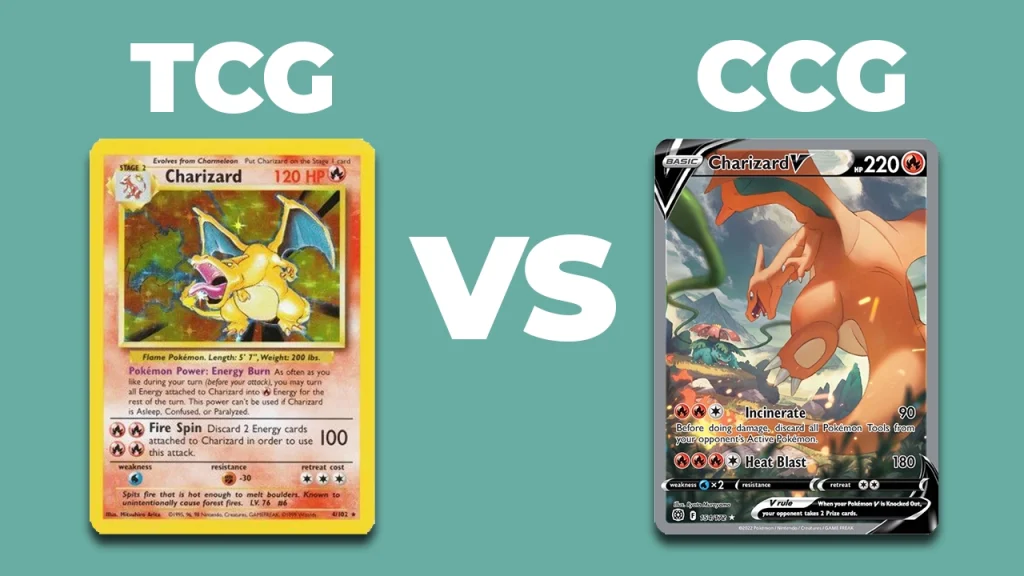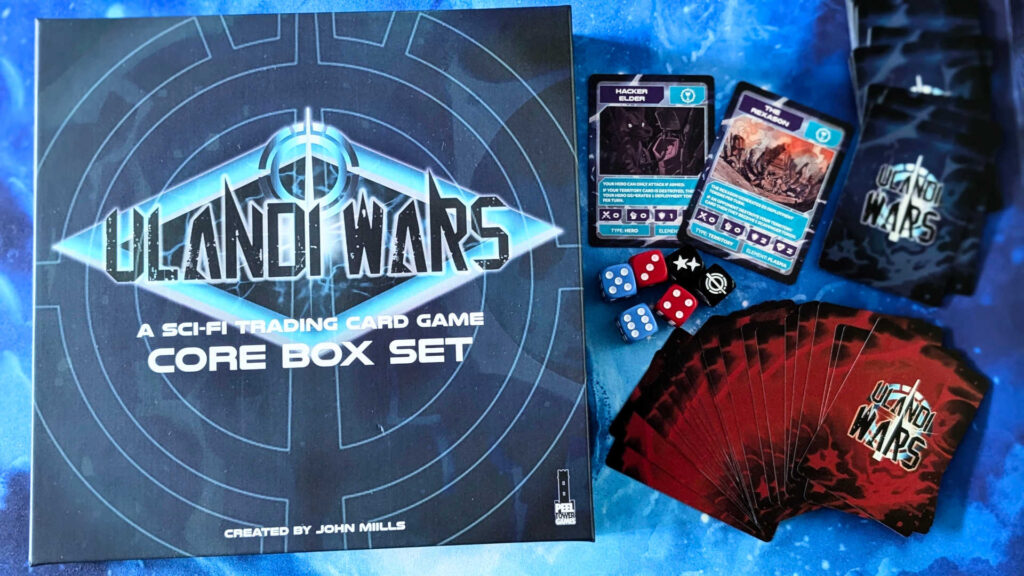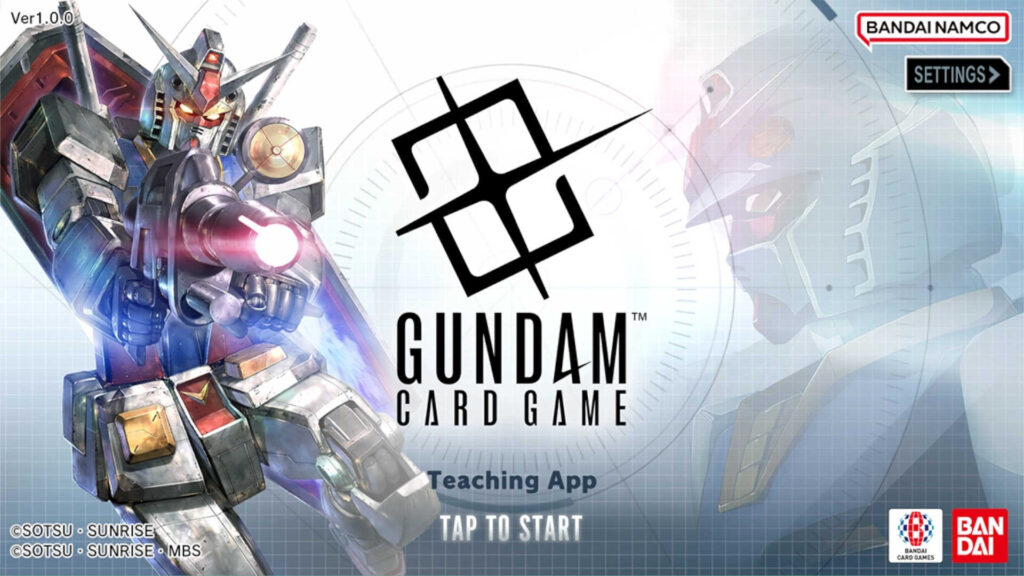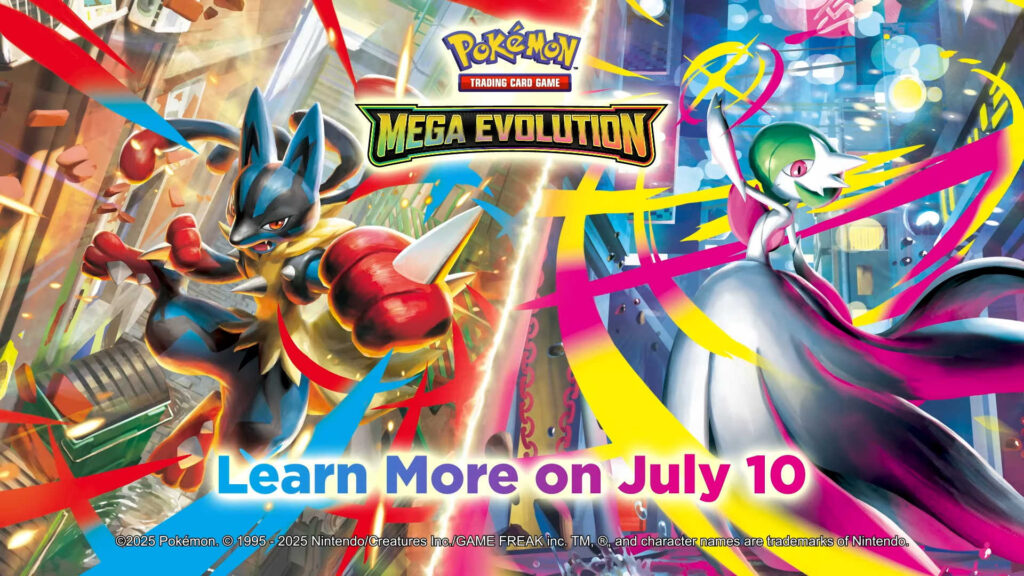There are a lot of common terms that are thrown about when it comes to card games, but a lot of them aren’t really explained. For example, what exactly is the difference between a TCG and a CCG? Are they two entirely separate beasts, or are they something that can be reconciled easily enough?
For those unfamiliar, TCG stands for ‘Trading Card Game’ and CCG stands for ‘Collectible Card Game’. There’s actually no difference between the two, with the two terms just being separate ways to refer to the act of collecting cards.
There are however more than just these two terms, and sometimes it can vary from game to game based upon whatever you’re playing at the time.
There’s also LCG, which stands for Living Card Games, but that’s an exclusive thing to Fantasy Flight Games and refers to a fixed distribution method that doesn’t require you to open up a series of packs to collect the cards that you want.
When it comes to games like Yu-Gi-Oh though, there’s also a third option known as the OCG. The OCG is an entirely separate format from the TCG, with its own ban list and selection of cards that you can use to play with. OCG stands for ‘Official Card Game’ while TCG stands for ‘Trading Card Game’.
The OCG is the original version of Yu-Gi-Oh, being played in Japan, China, Korea, and countries close to those areas. The TCG is a version of that game played everywhere else in the world but at a delay.
You see, the TCG gets cards later than the OCG, with booster boxes releasing on a delayed schedule which means that the entire meta has a delay to it.
Sometimes cards are released in the OCG that aren’t released in the TCG for years, and sometimes it happens the other way around like with the Burning Abyss series of cards.
Since the entire meta is different too, this means that the ban list is just an entirely different beast. Cards that are seen as too powerful in one region are seen as being fair and balanced in another, and this changes which decks are the most powerful.
The OCG also has much wider access to powerful cards like Lightning Storm since the TCG often replaces these cards in structure decks with another less powerful card.
Glossary Of Terms
- Aggro: A deck created specifically to do as much damage as possible to your opponent
- Archetype: A deck that has common theming and the ability to be combined
- Beatdown: A deck that continuously attacks your opponent with the aim of doing as much damage as it possibly can
- Bomb: A card that changes the landscape of the game, and sometimes completely changes the outcome of the game
- Bouncing: Bouncing usually refers to the act of returning a card already on the playing field to the hand of the owner
- Brick: A useless card that you would rather have in your deck for resources than in your hand
- Card Advantage: Card Advantage refers to a player having more available resources than another player, such as more cards in hand or more cards on the field of play.
- Chain: A chain is a series of effects that have to resolve.
- CCG: Collectible Card Game
- Cheat: To cheat out a card refers to getting a card out without the usual means.
- Combo: A combo refers to a number of cards that work well together, sometimes referred to as ‘Synergy’.
- Constructed: A format in which you make your own deck
- Control Deck: A control deck is a deck that uses floodgates, and that aims to prevent your opponent from doing anything that you don’t want them to do.
- Draft: A format in which you open packs and build a deck only out of the cards that you get out of those packs
- Engine: A reusable effect that usually helps to facilitate a combo or a synergy.
- Floodgate: A card that prevents your opponent from playing cards. The effectiveness and nature of a floodgate can vary by the game.
- In Response: A card that reacts to the activation of another card and usually results in a chain.
- LGS: Local Game Store
- Limited: Limited formats are formats such as Draft and Sealed.
- Main Deck: The deck that you’ve put together to play with. The exact opposite to a side deck.
- Meta Game: The construction of the current competitive scene. This means that you know what the most powerful cards are in the current scene.
- Mill: The act of sending a card from your deck to your graveyard or discard pile.
- Mulligan: Discarding and redrawing cards.
- Netdeck: To find a deck online and copy it
- Nuke: To wipe the entire field
- Phase: The current state of play. Some games have multiple phases, some don’t, but it’s usually used to denote what exactly you can do.
- Play-Set: A set of the same card, usually the maximum amount allowed in the card game.
- Resources: Whatever you use to play your cards. In games like Yu-Gi-Oh, this would be anything on the field or in your hand.
- Rogue Deck: A deck that isn’t particularly meta-defining, but that is able to counter a specific strategy.
- Side Deck: Siding is the act of swapping out cards in your deck between matches.
- Slow Play: Taking too long to play out your turn.
- Staples: Cards that you’ll see in almost any deck due to their power level.
- Tier 1: The decks that dominate the competitive scene of a card game.
- Top Deck: Drawing a card that can get you out of a difficult situation
- Utility: Cards that have value in multiple different situations.
- Vanilla: A card with no rules or effects.
- OCG: Official Card Game
- TCG: Trading Card Game




